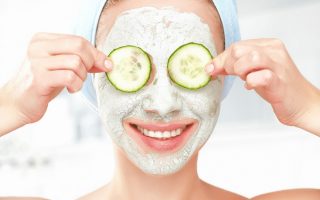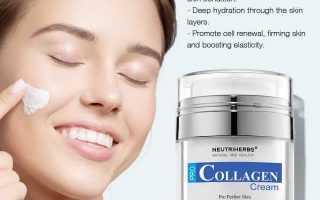All cosmetics make claims of beauty and care, but some of them can harm your face. Because many cosmetics contain dubious substances that may irritate the skin or cause a broad range of allergies. We’ll go over the most popular components and the potential risks they carry.
Do you know what’s in the skincare items you use?
Today, a lot of individuals have allergies, intolerances, and extremely sensitive skin. You have a lot of influence over your diet, and more and more people are choosing premium organic food. What is frequently forgotten is that your epidermis absorbs roughly ten times as many substances as your intestines do. Through body and facial care, women come into touch with about 500 different chemicals.
Skin-irritating ingredients in cosmetics should be avoided by individuals with sensitive skin, especially those who are prone to allergies. So let’s examine the components of traditional cosmetics in more detail.
Every cosmetics manufacturer is required by law to list the ingredients of its goods both immediately on the packaging and the package leaflet or website. However, it is frequently difficult for the average individual to identify which ingredients are present in the products and which of them might be potentially harmful to health.
Water, fats, alcohol, and surfactants are examples of basic compounds that are typically at the top. The unique active ingredients, such as plant extracts or additives, as well as preservatives, come next. A quality product will also have a complete list of all components on the packaging, which is another way to identify it.
Even the most sensitive skin’s moisture equilibrium can be naturally regulated by the certified organic ingredients organic rice germ oil, organic shea butter, and organic glycerine, which have a moisturizing, calming, and smoothing impact.
- immediately melts into the skin and gives it a fresh radiance
- supports the skin’s resistance to external influences
- relaxes stressed and irritated skin
- vegan and salicylate-free organic cosmetics
Why are parabens harmful?
To extend the shelf life of cosmetic goods, parabens are commonly used. They are inexpensive, synthetic preservatives with a potent antimicrobial impact. However, there hasn’t been much study done on parabens, particularly about other chemicals.
Preservatives are also needed in organic makeup.
Preservatives are required in all creams or lotions that hold water. Otherwise, the harsh regulations governing shelf life and health protection would not be met by the care goods. Without some kind of preservation, after the product was opened, mold, bacteria, or yeast would rapidly congregate. Manufacturers of organic products use sodium sorbate and other mild, well-tolerated preservatives to stop this from happening.
The use of mineral oil in personal care items
Mineral oils are leftovers or by-products of the extraction of hydrocarbons. Because they are affordable, have a long shelf life, are simple to process, and rarely cause allergies, the cosmetics industry employs them.

